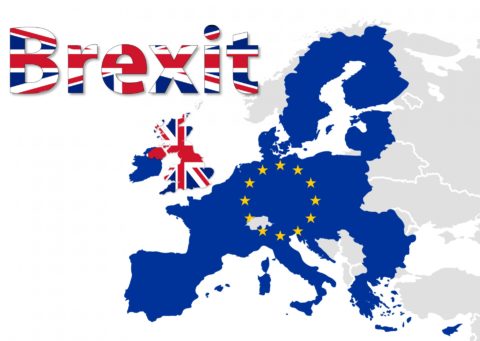In the Continental Telegraph, Tim Worstall responds to a demand for a list of the benefits of a hard Brexit:
1) How will you protect UK business from dumping?
We won’t. The aim, purpose and intention of trade is to gain access to those things which Johnny Foreigner makes better, cheaper, faster – pick any two of three – than our own domestic producers do. Given that the aim of an economy is to make the people, consumers, as well off as the constraints of the real world allow, we wouldn’t protect domestic producers from anything. Shape up or go bust.
As even the Treasury’s briefing on the costs and benefits of Brexit said, competition from trade is exactly what incentivises domestic producers to become more productive.
So, we don’t protect from dumping and the people of Britain become richer. The problem with this is?
2) What will you do for those who lose their jobs because the businesses that employ them are undermined by WTO rules?
Exactly the same as we do for anyone else who loses their job for any other reason. The economy destroys some 10% of all jobs every year – some 3 million – and another 10% are generated newly as well. That’s just what labour market churn is. We have a welfare system for the interim and people who lose jobs because of Brexit or WTO do exactly as everyone else, get another job with the welfare state as the backstop.
And it’s important to note how new job creation works. It isn’t that we must plan what those jobs are before the old disappear. It’s the availability of the newly employable labour which generates the testing of what should be done next.
3) What will you do on the Northern Ireland border?
Lie.
We have pointed this out before:
Our answer should be “Yes.” We agree that we are leaving, that we have put in place that hard border. Then we do absolutely nothing above what we already do. People come and go as they wish, carrying what goods they can, and we do nothing. Except, as we already do, we keep an eye on those moving things on an industrial scale and have our little customs and tax chats with them away from that line on the map.
What other people wish to do on their side of that line is entirely up to them. We will do, as we’ve always done when in our right minds, what is useful and beneficial to us. It’s somewhat unfashionable these days to talk of the empire but it’s still true that we had it. Often because we’re rather good at this lying, cheating and dissembling. We should carry on. So, there’s the border, as it is today. And?




